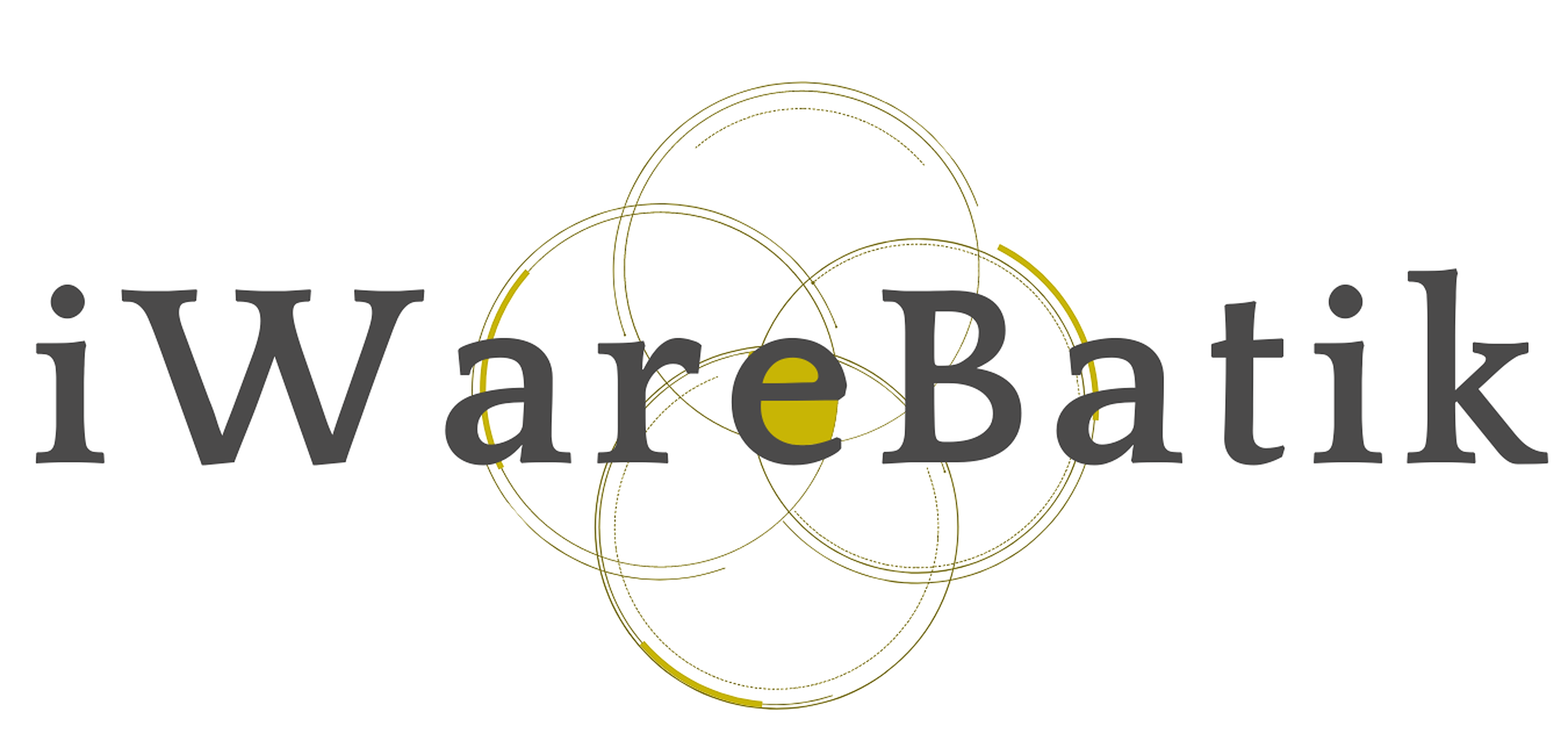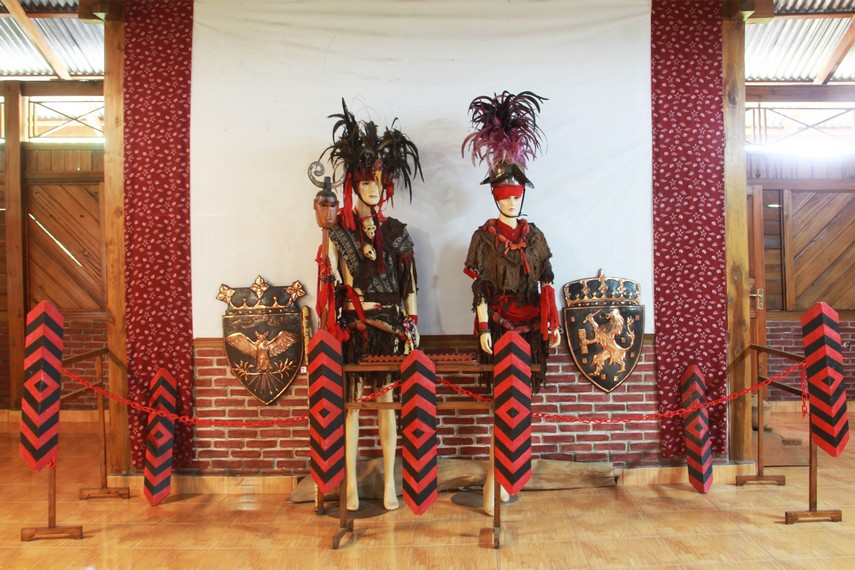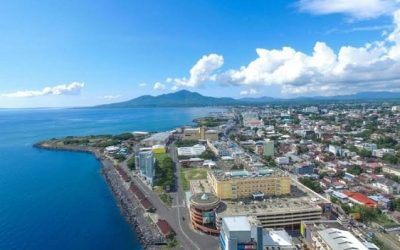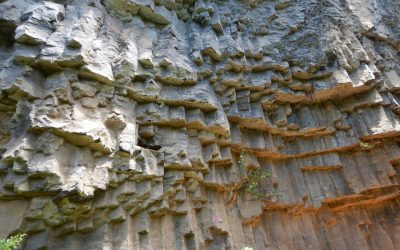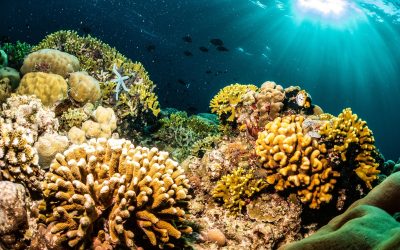Home / Batik Regions – Central Indonesia – Sulawesi Island – North Sulawesi / Pinawetengan Museum
Cultural Destination
Pinawetengan Museum
Minahasa Traditional Costume (Photo: @Indonesia Kaya)
Pinawetengan Museum
Pinawetengan Museum displays various collections, ranging from pre-historic relics, ancient Minahasa tribal objects, to Dutch colonial relics. Located 4 kilometers from the museum, the prehistoric site of Watu Pinawetengan has existed since 1000 BC. It is considered a sacred site and the birthplace of Minahasa ethnic.
Cultural Tourism Destination
Pinawetengan Museum
Tourist Attractions in North Sulawesi
Manado City
The city of Manado is famous as a unique city as it is located in a bay near
Batu Dinding Kilo Tiga Cliff
If adrenaline is one of the main components of your trip, you should definitely visit
World’s Coral Triangle – Bunaken Marine Park
Located in the World’s coral triangle, Bunaken National Park is
North Sulawesi
Batik Motifs
Manguni Minahasa
Manguni is identified as the symbol of the Minahasa people. Manguni is known as a
Pinawetengan
The Pinawetengan Batik pattern was taken from a prehistoric inscription in
Discover
Indonesian
Batik
Motifs
Rangkiang
The word “Rangkiang” refers to the rice granary in the Minangkabau language. It symbolizes
Pala Salawaku
This motif illustrates the unique weapons of the Maluku region, namely
Lontara
The Lontara script itself is a typical ancient script of Bugis and Makassar communities. History records that
Bultiya
The word ‘Bultiya’ is an acronym of the three major tribes in North Kalimantan, namely
Buketan Bali
The Balinese bouquet (Buketan Bali) is a floral arrangement and the name is
Keluak Daun Pakis
The word “Keluak” is a Minang language which means twisted or tangled. The Motif of
Dayak Taghol
Dayak Taghol has a distinctive style of four curved lines and small dots. This motif represents
Gorga Simeol-Meol
The Gorga Simeol-meol is a pattern of plant tendrils. it is regarded as a symbol of longevity and
Parang Rusak
Another meaning behind this motif is an unconquerable spirit, symbolized by
Honai
The Honai is inspired by the traditional house of the Papuan community living in
Sero Tangga
The Sero Tangga illustrates an endearing feeling and sacrifices of a person to fulfil
Paqbarre Allo
The word “Barre” means round and “Allo” means the sunlight. This motif is interpreted as
Gonggong Siput
Gonggong (Strombus Turturella) is one type of sea snail found around
Dayak Kamang
Kamang motif is generally found in the Dayak tribe shield because it is believed to
Parang Seling
Parang Seling or “alternating daggers” is a royal batik motif. It is a feminine variant of
Biji Kopi
The coffee seeds motif illustrates the pride of local coffee specialities in
Gumin Tambun
Based on Hindu mythology, this motif symbolizes lucks, abundant wealth, and
La Galigo
La Galigo is a literary work of the Buginese Epic that has 300 thousand epic lines. It is considered even
Sekomandi
Its philosophical meaning is the eternal union which refers to a saying “until death do us part”
Sekar Jati
Sekar means flower and Jati refers to teak trees that symbolizes a strong mental character that
Durian Pecah
Broken Durian motifs depict the foundation of faith. The second half signifies the mastery of
Pinawetengan
The Pinawetengan Batik pattern was taken from a prehistoric inscription in
Manguni Minahasa
Manguni is identified as the symbol of the Minahasa people. Manguni is known as a
Tifa Totobuang
The batik motifs illustrate Maluku’s traditional music instrument called
Gonggong Beruntun
This motif illustrates that a person should maintain a positive attitude and
Malinau Cultural Festival
You will witness a unique competition that might not be found other than in
Desa Na Tolu
The Desa Na Tolu characteristic pattern symbolizes the Batak philosophy of existence and
Tongkonan
Toraja’s traditional house is called Tongkonan. Tongkonan is a place for
Gedhog Kembang Waluh
a combination of Javanese cultural motif of the Majapahit kingdom (XII-XIV century) with
Pucuk Rebung Riau
Pucuk Rebung symbolizes heart determination in achieving goals, good luck, and
Bekantan Pakis
This motif represents Pakis Haji (Polystichum setiferum), an endemic plant in
Enggang Dayak
Local people beliefs that hornbills are an incarnation of the Commander of the Birds. It has supernatural
Kawung
The Kawung motif was created by Sultan Agung Hanyokrokusumo (1593 – 1645) as a symbolic gift for
Tabir Tanjung
Tanjung flower is a type of Cherry tree flower, which is commonly found in
Tengkawang Ampiek
With its many advantages, the Dayaks use this leaf in ritual ceremonies. This plant is a symbol of
Mahkota Siger
Siger is the crown of a noblewoman in ancient time. It is a symbol of femininity, strength, and
Raja Ampat
Raja Ampat motif represents the marine life at Raja Ampat archipelago in
Bomba Mawar
This motif means sacred love for family, kingdom, and God; It also illustrates
Gajah Way Kambas
The motif illustrates the Lampung’s natural reserve, the Way Kambas. it also symbolizes
Wirasat
Wirasat or divine inspiration is a gift from God. This inspiration is symbolized by
Prada Papua
The word “Prada” in the Javanese-Indonesian dialect means a batik textile that
Salakanagara
Salakanagara batik motif illustrates the first kingdom in the Betawi land
Karawo Pinang
Pinang refers to the Palm areca tree. This motif is considered as the original
Daun Sirih
This motif illustrates betel leaves that are used by Lombok communities as traditional
Pati-Pati Pinehiku
It symbolizes the hierarchy in society and the social status of the Mekongga
Gamolan
This motif illustrates Gamolan, a bamboo musical instrument of Lampung that is
Srimanganti
The name of the Srimanganti motif is derived from Palace’s hallway that connects to
Hiu Taliyasan
Indonesia is also home to the world’s largest fish, the whale shark (Rhincodon typus). Hiu Taliyasan refers to
Jumputan Bintang
The word Jumputan means the tie-dye technique, while the word “Bintang” refers to
Tampuk Manggis Sasirangan
The motif illustrates the philosophy of the mangosteen fruit, which is
Gurdo Solo
Gurdo or garuda bird is the mount of the Indian god Vishnu. As the Sun Bird,
Karawo Mahkuta
Mahkuta refers to Gorontalo’s traditional crown. It represents noble characters of
Gigi Haruan Lidi
The Gigi Haruan Lidi motif is taken from the name of the cork fish and is a symbol of
Tangerang Herang
Tangerang Herang motif is a symbol of Tangerang city. The Tangerang Herang batik motif consists of
Teguh Bersatu
This batik motif shows the strength of the people of Kupang. It also represents a sense of
Daun Simpor
This motif is inspired by the Simpor plant (Dillenia Suffruticosa) which is a typical
Singayaksa
The Singayaksa motif comes from the name of a place where Sultan Hasanuddin used to
Cengkeh
The clove flower motif is the main commodity of the Tolitoli Regency. This motif represents
Tikar Natuna
The Tikar Natuna motif is adapted from the traditional making of pandanus mats in
Jupri Kembang Teh
Kembang Teh illustrates the tendrils of tea plants that grow in the highlands of
Insang Ikan
Insang refers to the gills of the fish. This is a typical pattern of Malay ethnic who inhabits
Kain Cual
Cual textile tradition has existed since the 17th century. The word “Cual” refers to
Leuit Sijimat
This motif reflects the daily activities of the Baduy tribe in Banten. The main ornaments of batik motif consist of:
Lipaq Sabe
Lipaq Saqbe contains a simple geometric classical motif with various flower decorations. This textile is
Taiganja
Taiganja is a precious gold pendant that shows the social status of the Kaili family. It is
Bale Lumbu
This motif signifies the welfare of the ancient Sasak society. Bale also symbolizes the
Angsa Duo
According to legend, the Angso duo batik motif is a pair of swans that are believed to have led Princess
Besurek Rembulan
This batik illustrates praise for God who created the wonderful universe
Kuda Kupang
Horses symbolize wealth. It contains noble values of virtuous characters that bring
Rumah Mamuju
the Batik motif illustrates the house of Mamuju King with the stairs, located on the left of the wooden stage house
